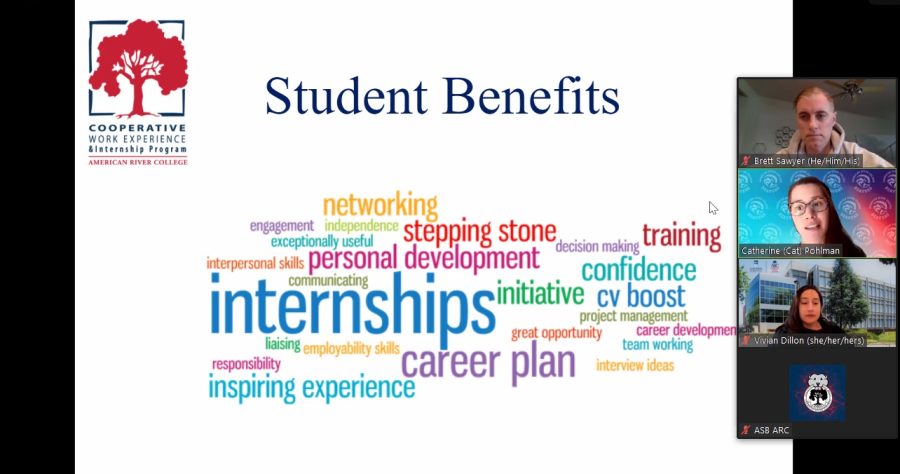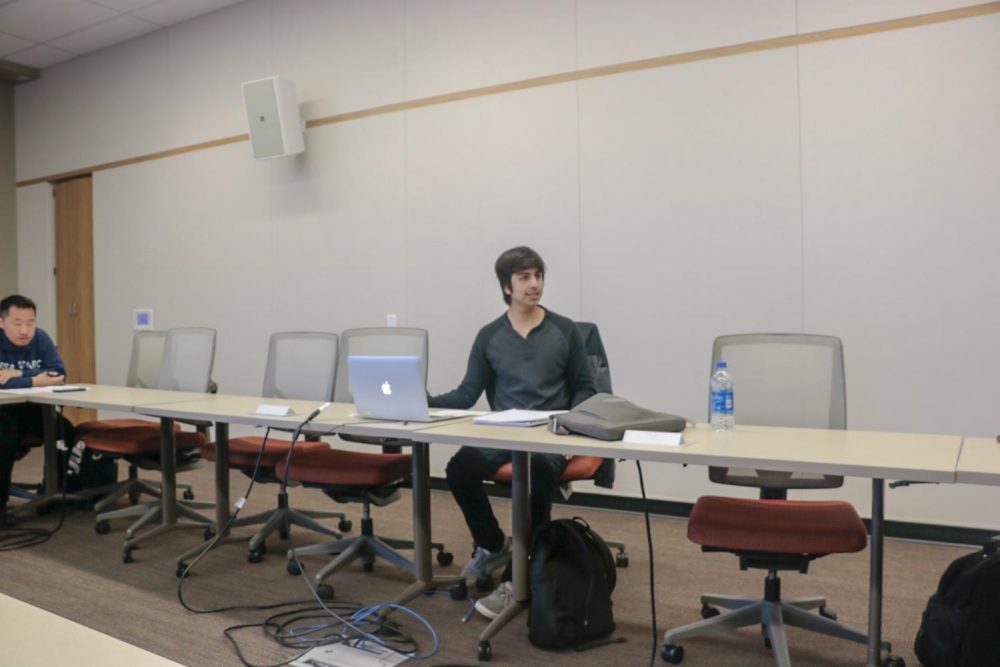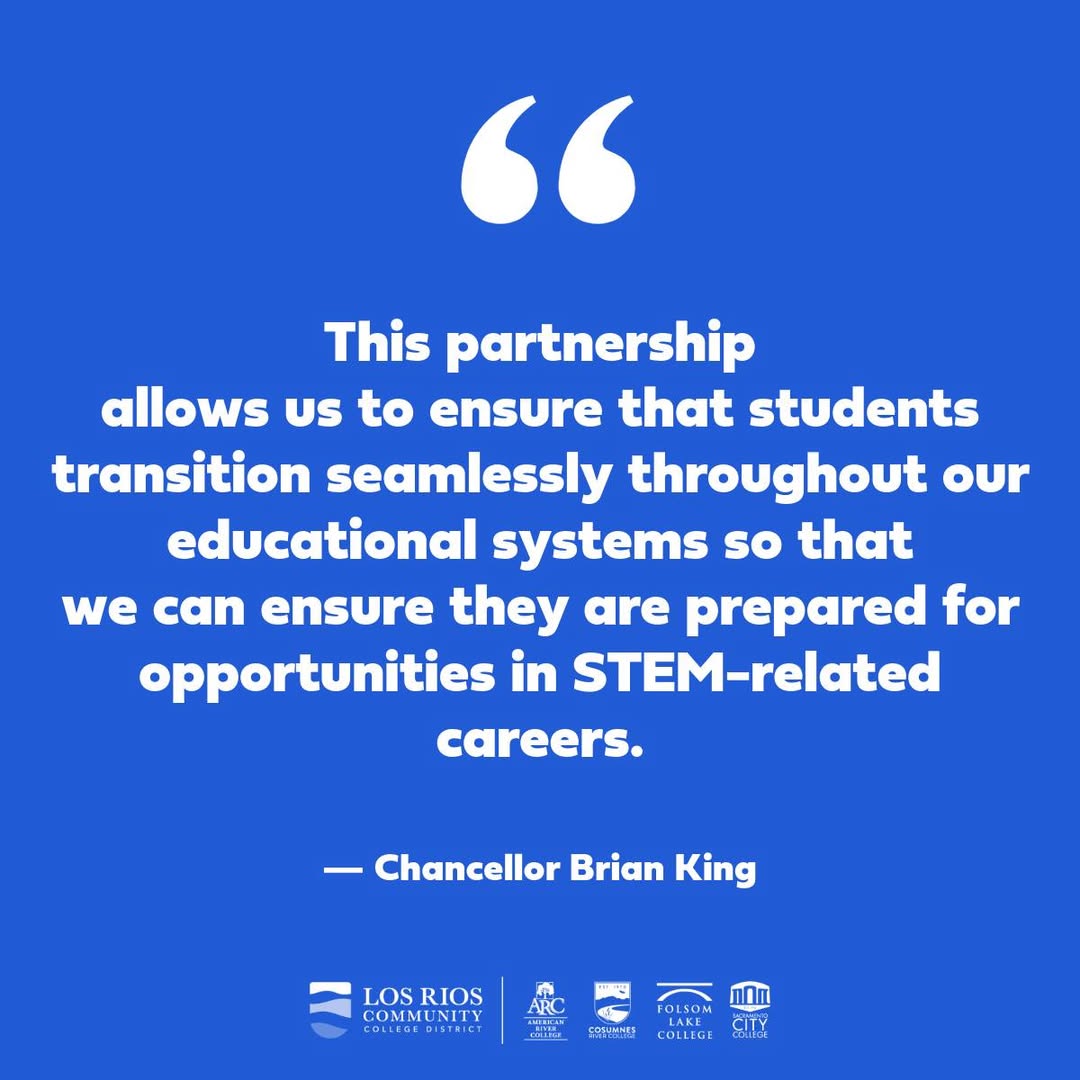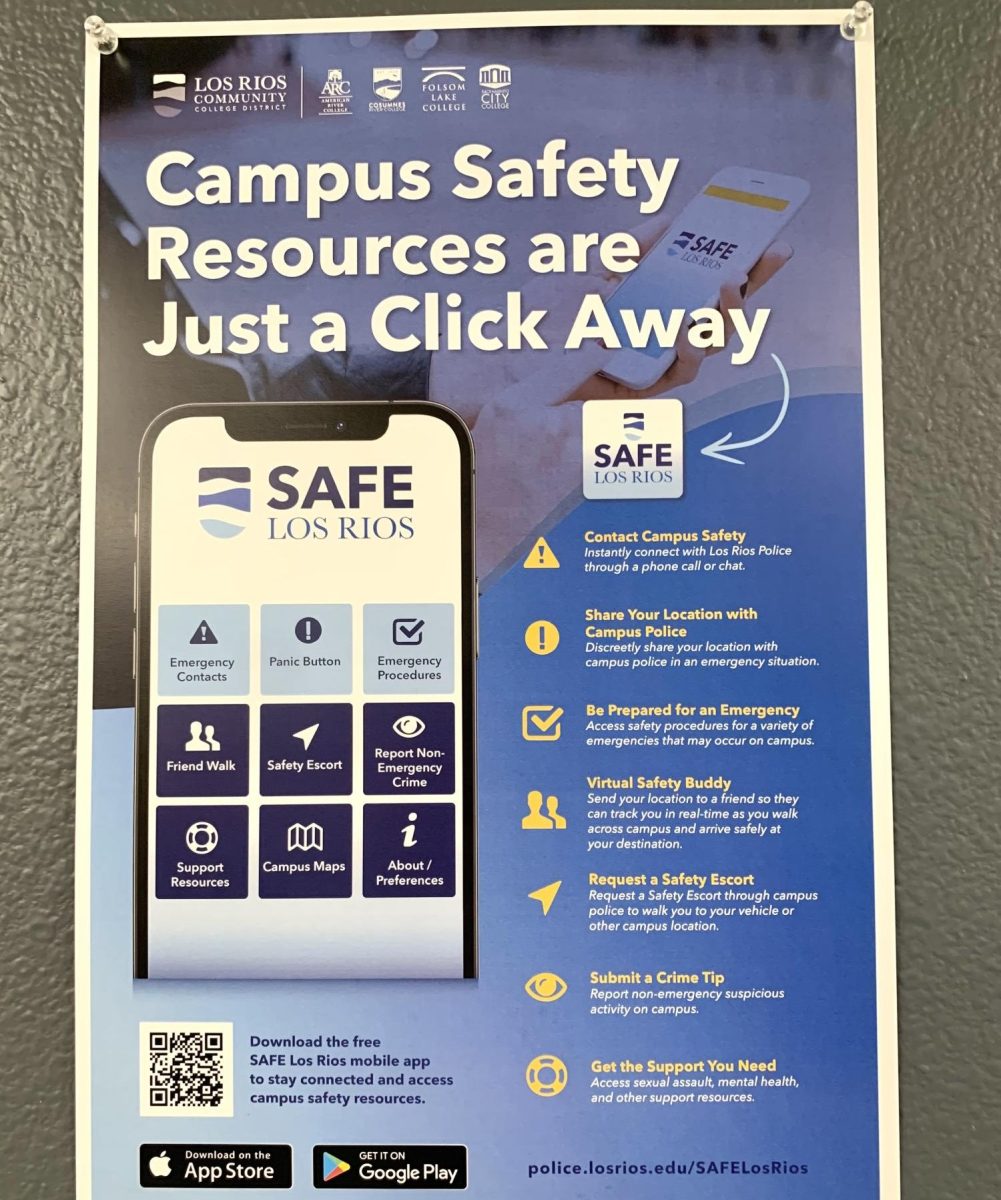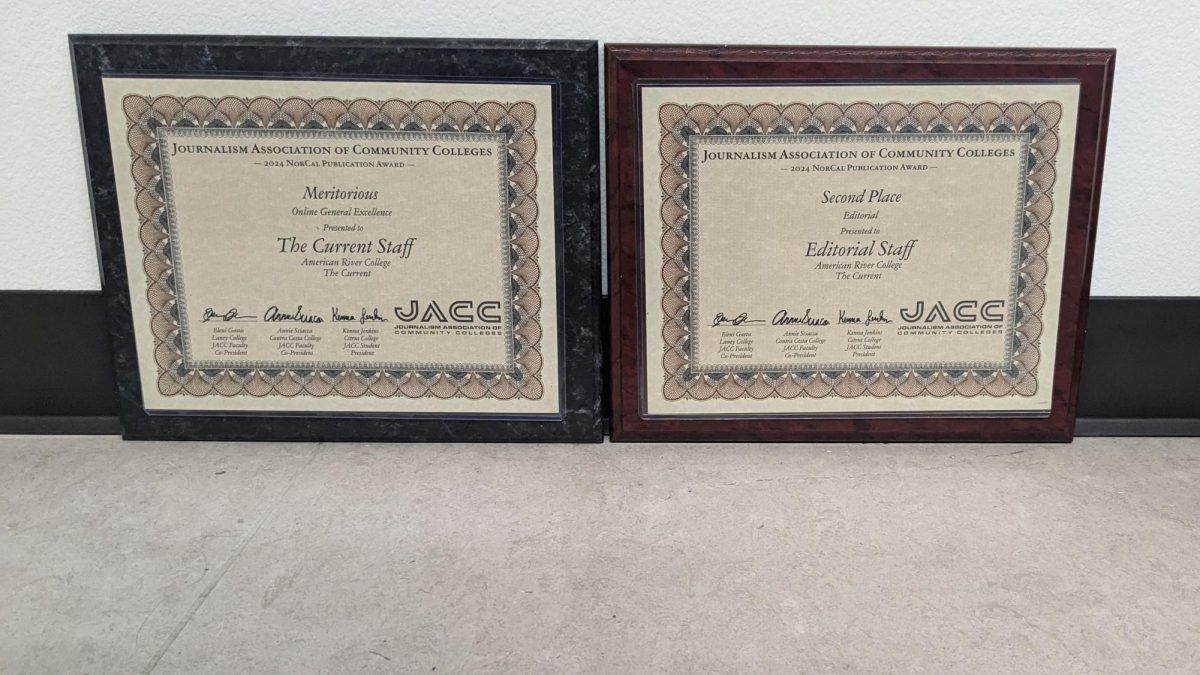The American River College Associate Student Body weekly Thursday meeting was brought to order on time and with the bang of a brand new gavel. The symbolic new wood mallet would be just the shot to start the clock for these 14 hardworking students.
Student by-laws, which had been on the agenda since last term, were sent back to the student governance committee. Volunteers for this committee were lined up by Vice President Omba Kipuke and were tasked to report back to the ASB by May 2.
Upheld in a vote with the meeting time expiring, a $3,500 bill for elections was approved. The Board members cheered and congratulated each other before adjourning. The Director of Legislative Affairs and new ASB President Tyrone Robinson, the bills author, shook hands with everyone.
Former Director of Finance, Kindra Pring, had earlier cautioned the board that approving these funds could cause problems later. On April 12, Pring sent an email updating the financial condition of the ASB in which she commented, “According to my recalculations…we have more money than previously thought!”
Newly appointed Senator Debbie Dixon was tasked to investigate The Currents article on Sexual Harassment and will announce her findings to the ASB at a later date.
A time-sensitive matter on agenda was funding for the White Privilege Conference. This was a bill sponsored by Senate Whip Brett Spencer and provided funds for students to attend the WPC in Seattle, Washington.
According to its website, the “WPC is a conference that examines the challenging problems of privilege and oppression and offers solutions and team building strategies to work toward a more equitable world.” On its 3rd reading and under pressure of loss, the board approved it. Some members were skeptical about the accountability of the more than $3,000 that was approved, and asked for more oversight. This bill met the qualifications to fulfill some of the funds approved last year for the Wisdom Grant, which had neared its deadline.
The Tanishq Abraham bill was passed by unanimous vote. This bill would allow students of any age, based on academics, to attend ARC. Abraham, age 9,was the youngest student to apply and receive approval to attend ARC. A standing ovation by the board and public was given several weeks back when he was allowed to speak on behalf of himself.



